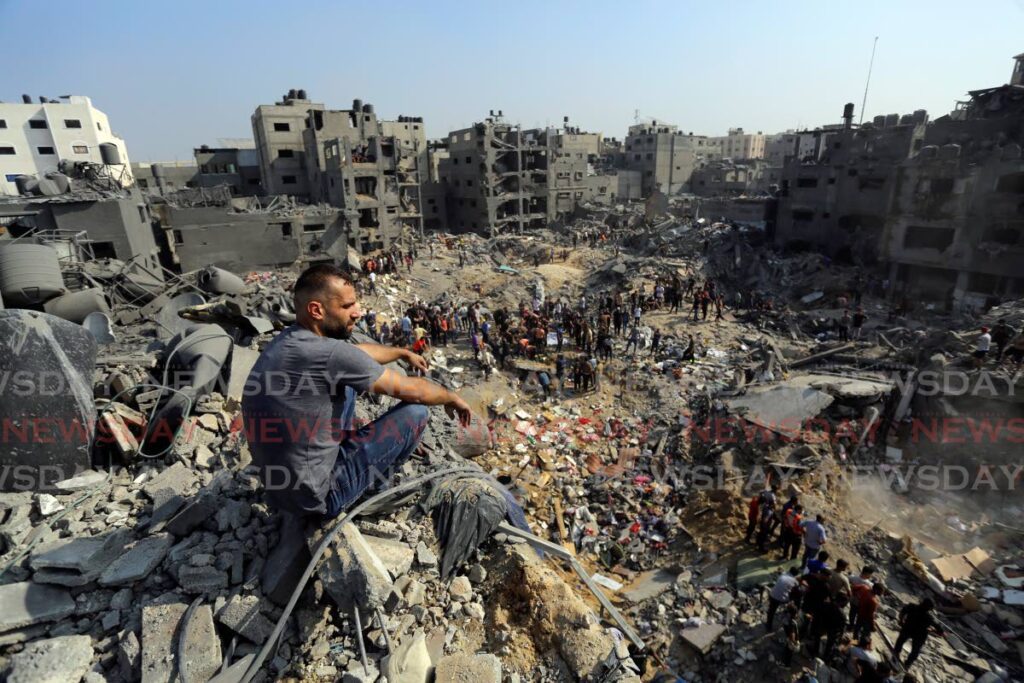Closer to chaos

EVEN before the US tabled a resolution at the UN Security Council calling for “an immediate and sustained ceasefire” in Gaza, a sense of cynicism had set in.
The US had vetoed three previous resolutions – and one amendment – on this issue. For decades, it had also blocked measures critical of Israel in relation to Palestine.
But if the text put to a vote by US Ambassador Linda Thomas-Greenfield on March 22 was a shift for America, it was not yet a turning point for the world.
Russia and China, nations that have claimed they want a ceasefire, vetoed the resolution, along with Algeria. Guyana, a non-permanent council member, abstained.
Objection stemmed, ostensibly, not from the word “immediate,” but another word, “imperative.” “If you pass this resolution,” said Russian Ambassador Vassily Nebenzia, “you will cover yourselves in disgrace.”
Chinese Ambassador Zhang Jun said, “If the US was serious about a ceasefire, it wouldn’t have vetoed time and again multiple council resolutions.”
After the motion was defeated, Ms. Thomas-Greenfield shot back, “Russia and China simply did not want to vote for a resolution that was penned by the US because they would rather see us fail.”
As these diplomats, safely ensconced at UN headquarters in New York, quibbled over the niceties of language, one of the most sinister chapters in human history continued to unfold thousands of miles away. Since Hamas militants killed 1,200 people, according to Israeli figures, in the October 7 attack, nearly 32,000 Palestinians have been killed, according to the Hamas-run Gaza health ministry.
Unlike previous atrocities in history, technology has meant the world has seen a picture in which people have been trapped, starved, bombed, aid hampered and even the sanctuary of hospitals made unsafe. The situation may well radicalise generations to come on both sides – if anybody survives.
“This man-made disaster cannot be halted without an immediate ceasefire, and it’s this council’s responsibility to unequivocally demand one, even as it acknowledges the efforts of Qatar, Egypt and the US,” said Guyanese Ambassador Carolyn Rodrigues-Birkett, explaining her abstention. Caricom shares a similar view.
Perhaps this precarious dance between diplomacy and raw power should not surprise us. Ancient texts like The Art of War by Sun Tzu and The Prince by Niccolo Machiavelli have always warned of the irrelevance of values in politics, which, both at home and abroad, clearly has a morality of its own. Yet there is a reason “Machiavellian” is a pejorative word.
The abandonment of the most basic tenets of human rights in pursuit of mere swordfighting on the international stage by superpowers accomplishes only one goal: the undoing of civilisation. The defeat of this UN resolution brings us closer to chaos.


Comments
"Closer to chaos"